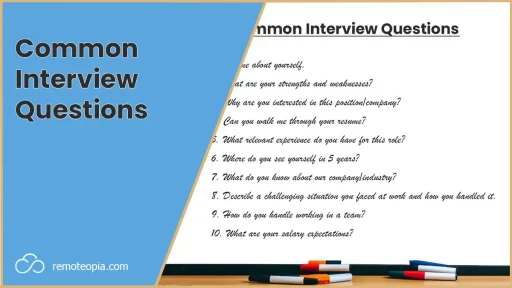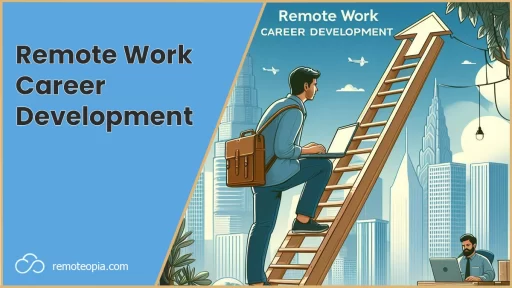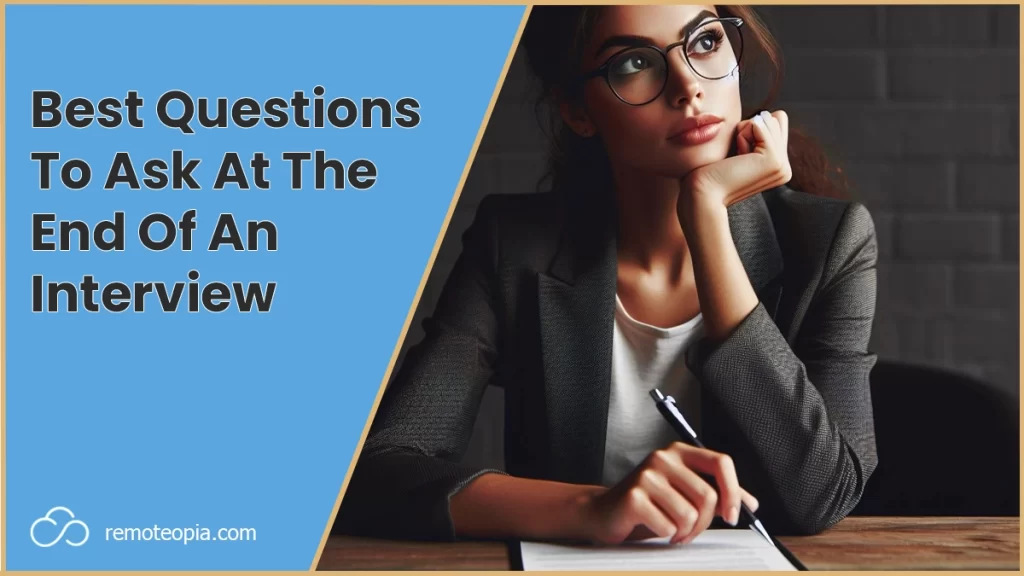
When I used to prep candidates for interviews in my old recruitment role, my number one preparation tip for candidates was to ask at least 5 questions about the company or role at the end of the interview.
My boss at the time had enforced it as one of the easiest ways for candidates to stand out and boost their chances of getting hired.
There’s so much truth to this.
I got interviewed by someone at my current role who has since become a good friend, at the final stage about 4 years ago.
I asked a year or so later how I got the job.
She said that when she debriefed with the hiring manager afterwards my skills were a good fit, but they were also impressed by my knowledge and interest in the company through the questions I asked at the end.
What Questions To Ask At The End Of An Interview
When you’re preparing for your upcoming interview, the big question is what to ask!?
Write at least 10 pre researched questions down.
It’s best to come with a mix.
Some based on company research, some about the role itself.
We’re aiming to ask at least 5 by the end. I say to prepare 10 as it’s most likely a few will be answered during the interview.
You’ll want to cater your prepared questions to the specific role and company you’re applying to.
Good Questions To Ask At The End Of An Interview
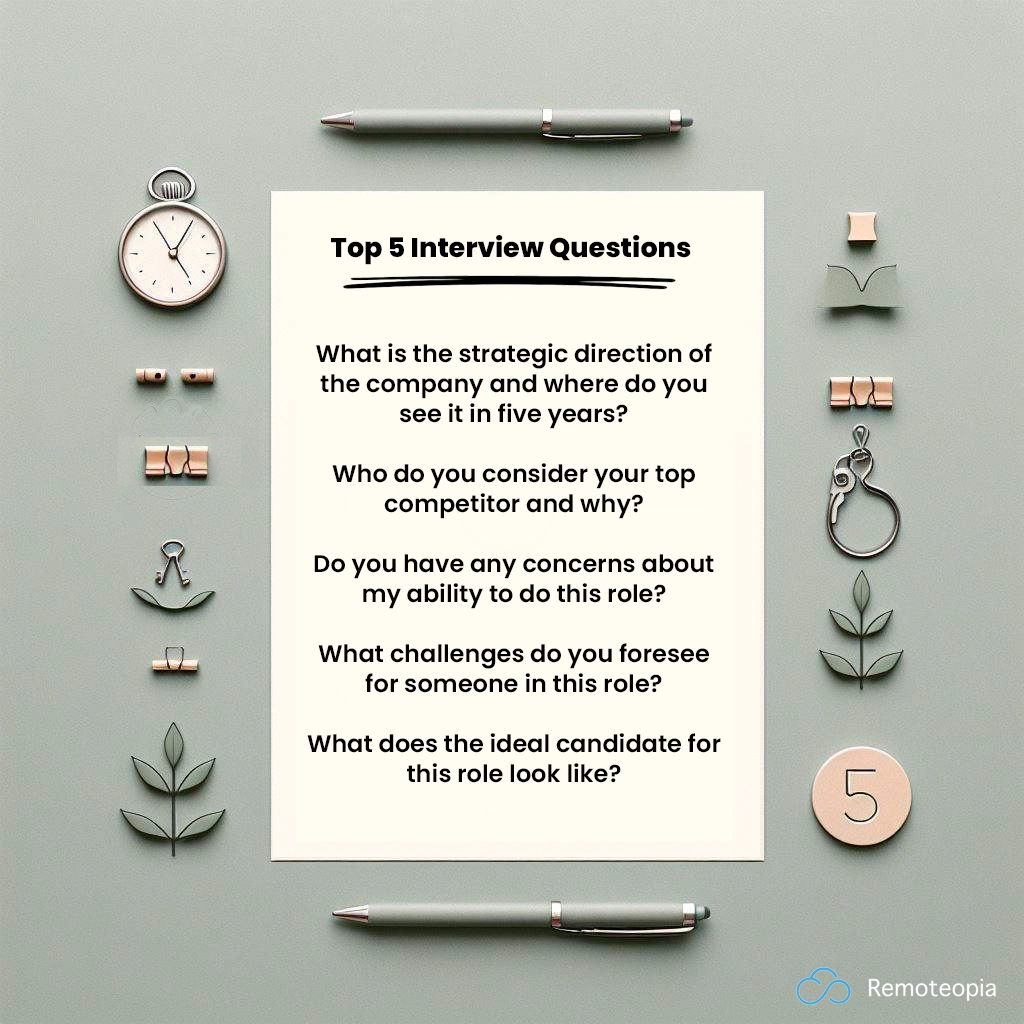
When I’m interviewing candidates I love it when they ask good questions that show enthusiasm.
A lot don’t, or ask things very general or about something we’ve already discussed in depth.
If you’re in a first round interview, good questioning can give you lots of great insights for your next interview.
💡 Top Tip – Write your questions down – referring to your notes in interviews is ok! Taking your time gives you time to think and shows composure.
Maximize your chances of success with some of these ideas:
Top 5 Company Related Questions
What is the strategic direction of the company and where do you see it in five years?
Unless you’re working on a short-term contract, you’ll definitely want a good answer here in order to know that the company not only has a strategic direction, but that it’s clear and communicated to all employees (ie the interviewer, in this scenario).
What values and attributes make for a successful employee here?
Knowing the answer to this helps you understand if you’re a good fit and can help you cater your answers in any following interviews to build rapport, show that you have said attributes and improve your chances.
How would you describe the company culture?
This is important to understand in order to know if the business is the right fit for what you’re looking for as a match; does the culture seem too formal, too relaxed, or does it not offer enough work-life balance etc.
What do you enjoy most about working for this company?
If there’s a bit of hesitation here or the answers are a bit vague without specifics, it could be a warning sign that they don’t enjoy working there.
Who’s your top competitor and why?
Again, everyone in the business should probably know this. Competitor questions come up a lot in interviews and knowing who they are can give you great ammunition for talking points in the next stages if this isn’t a final interview.
💡 Top Tip – Google the company and hit the ‘News’ tab. If there’s recent publications about the business, ask them about something interesting from the article.
Top 5 Role Related Questions
What opportunities are there for professional development and growth?
This will help you understand what the role can offer for your career progression and whether the company promotes well internally. To ensure they evidence their answer, you could even follow up with who was the last person to get a promotion in this department?
How does this role contribute to the overall success of the company?
Knowing that a role is valued is key to feeling a sense of direction and belonging in any business. Make sure you know how your skills will be put to use.
Is this role new to the business? If not, why did the previous person leave this role?
This is a great one to help make sure there wasn’t anything untoward about the previous person’s departure. Was there a lack of career progression? Micro-management? You might not get a 100% straight answer but it’s definitely worth an ask.
What challenges do you foresee for someone in this role?
These are always good to know to see what you’re up against, but also knowing the answer to this can help you promote yourself by evidencing how you’d help solve these challenges with your experience.
What does the ideal candidate for this role look like?
Does this sound like you? Again, you’re making sure you’re a good fit for the business and it’s a role you want to potentially take. If there’s areas that are less like you in the answer, you can also address them in any preceding interviews.
💡 Top Tip – Don’t always stick to your list of questions – if you can, add one or two that are unprepared and relate to a previous discussion within the interview itself.
This agility to think of a question ‘in flight’ not only shows quick thinking, but the ability to adapt.
Be specific, no broad or short questions that look like you made them up on the spot.
Wrap Up Questions
What are the next steps in the interview process?
You don’t need too much more to end on.
Finish by thanking them for their time and that you look forward to hearing from them.
I’d recommend sending a follow up email within 24 hours as a courtesy. This can also give you an advantage over those who didn’t
Free Interview Thank You Email Template
The Best Question To Ask At The End Of An Interview
Is..
Do you have any concerns about my ability to do this role?
Why?
It opens up a massive opportunity for you to address any of their concerns and boost your chances of getting the job or next stage interview!
The candidates that didn’t ask it have unanswered question marks over them.
Unless it’s the perfect interview, every candidate will have questions over some area of their suitability.
If you can eradicate any concerns, or at least a few, you’ve hugely stolen a march on your competition.
Questions Not To Ask
Avoid being too pushy and try not to ask too many questions, especially about things that have already been answered.
Here are a few that you should veer away form:
Did I get it?
How many sick days do I get?
How soon can I expect a promotion?
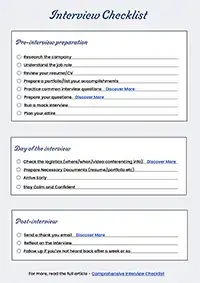
Interview Preparation Checklist
Free interview checklist to help you stand out from the competition
Conclusion
Remember, there’s no steadfast rule as to how many questions you should ask or exactly what you should ask.
Let the conversation flow and ask questions when they feel natural. You don’t have to wait until the end.
If your interview is over Zoom, these tips will help you prepare.
Relax and good luck!
Frequently Asked Questions

James Waite
Founder of Remoteopia, James has worked in remote roles for 6 years. After a stint in recruitment, he now works as a director of website strategy in tech.



